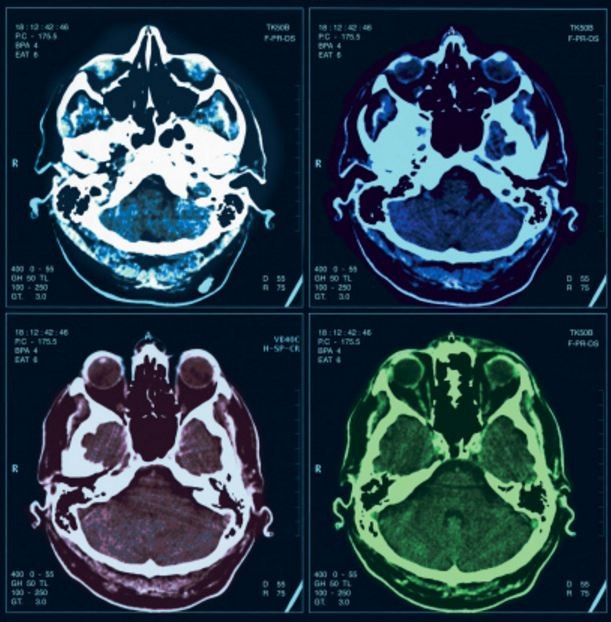The United States has launched a worldwide campaign that seeks to completely map the human brain by pooling together the diverse and expensive resources currently directed towards this laudable effort.
The "International Brain Initiative" was launched this week at a meeting that accompanied the United Nations' General Assembly in New York City by Thomas Shannon, U.S. Undersecretary of State.
The U.S. Department of State's Office of the Science and Technology Adviser to the Secretary of State along with the Kavli Foundation; the U.S. National Science Foundation and the Global Partnerships Forum hosted the event that launched the brain initiative during the 71st Session of the UN General Assembly to elevate brain science as a foreign policy priority.
The International Brain Initiative aims to foster coordination of large-scale brain projects around the world in partnership with governments, research institutions, private sector, foundations, advocacy groups, and social innovators.
Toward this end, the United States with Japan, Germany, Argentina and the UN Conference on Trade and Development announced the launch of the International Brain Initiative, part of which is a virtual International Brain Station to enhance and facilitate global collaboration on both basic and disease-focused brain science research.
The Coordinating Global Brain Project conference at Rockefeller University will coordinate global investments in brain research.
The International Brain Station concept will be a community-based mechanism for coordinating data and information from brain science projects around the world.
One of several goals for the initiative is the creation of universal brain-mapping tools. Promising experimental tools exist, but labs make their own variations in-house and also tend to run experiments in their own ways. This makes it harder for different teams to collaborate or exchange information. The initiative will change this state of affairs.
Another idea proposed at the meeting is the creation of an International Brain Observatory with tools such as powerful microscopes and supercomputing resources scientists from around the world can access.
A virtual International Brain Station could automatically convert data from human brain scans or animal gene expression into standardized formats that will allow more people to analyze it.
Developing and deploying new technologies to improve mapping of the brain and its functions will be critical for understanding the biological underpinnings of neurological and psychiatric disorders such as Alzheimer's disease, Parkinson's disease, autism, epilepsy, schizophrenia, depression, and traumatic brain injury.
Understanding such diseases is a G7 priority under Japan's leadership and contributes to the United Nations Sustainable Development Goal 3 -- ensuring healthy lives and promoting well-being for all.



























